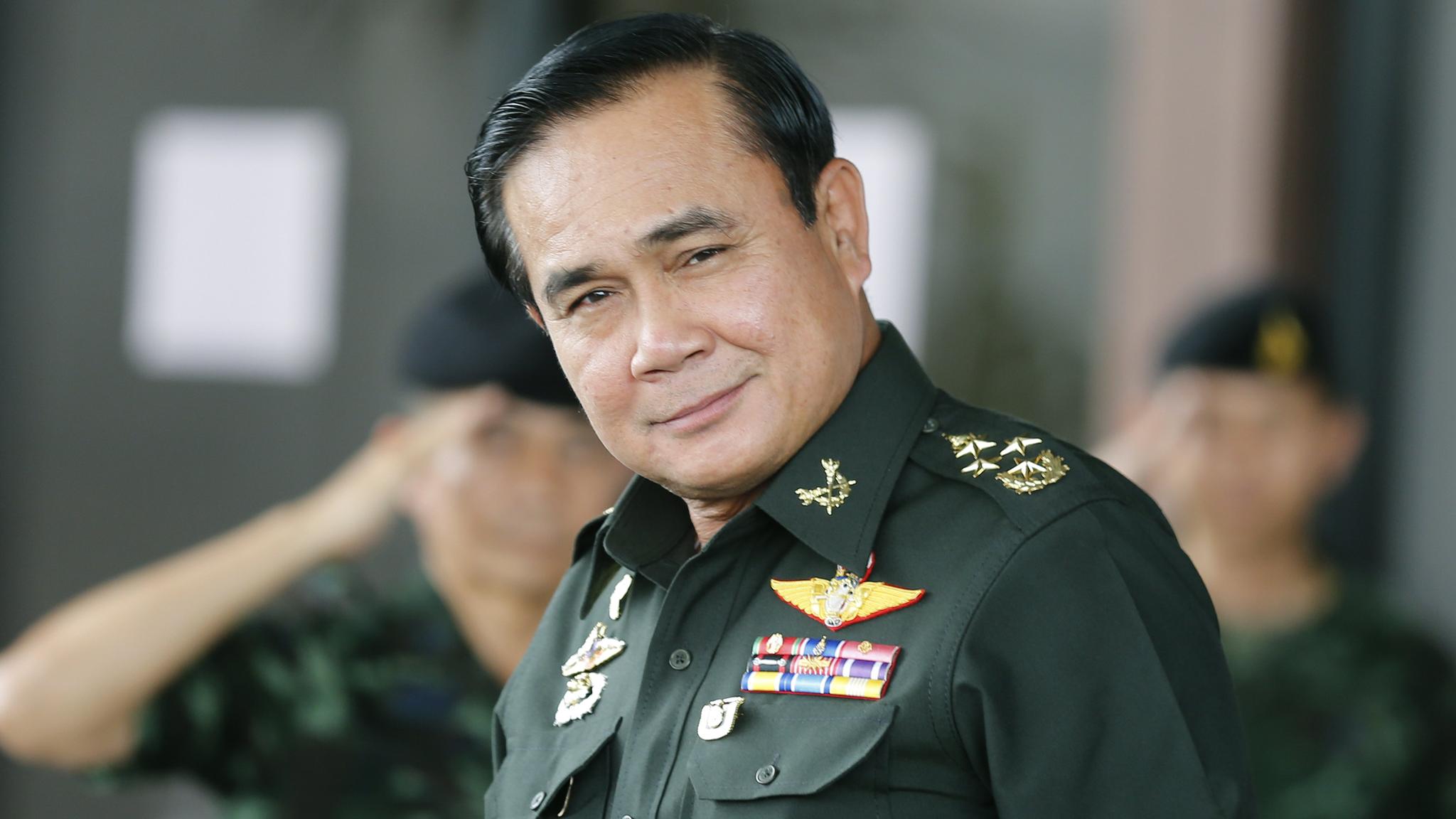Prayut's return as a royal advisor reflects Thailand’s fragile democracy
The decision to appoint the former general was met with astonishment and discontentment. Another illiberal figure is in a position of great influence. The country's political system appears increasingly weak and restricted. The current government has the votes in parliament to implement reforms, but is delegitimised by the majority that expresses it.
Bangkok (AsiaNews) – The decision to appoint former general Prayut Chan-ocha to the Privy Council, a body of advisers to the Thai king, has been greeted with astonishment and discontentment.
Until last July Prayut was prime minister in a pro-military government while, previously, he headed the junta that took power in a coup in May 2014.
The negative reaction is not due so much or not only to Prayut's background, but also to the fact that it confirms a decades-old tradition of placing different but essentially illiberal figures in positions of great influence.
Now the 19-member Privy Council has eight people, Prayut included, who played a role in the coup.
The new appointment coincides with the tenth anniversary of the massive protests by pro-monarchist and nationalist groups that paved the way for the coup d'état of 22 May 2014 led by General Prayut himself, three years after the crackdown of the Red Shirts movement in central Bangkok.
Prayut, who led an authoritarian government until 2019, claimed that the military had to intervene to restore peace in the streets of the capital after tensions and unrest provoked by traditionally pro-military groups.
Military rule was formally replaced by a civilian administration under Prayut, who stayed in power for the next four years, as the leader of the People's State Power Party (Palang Pracharath), a party emanating from the military leadership.
The latter was defeated in the May election but was brought in by other parties, which, despite opposing ideologies and traditions, were united by a desire to hold power.
This deprived a progressive party, the Move Forward Party (Phak Kao Klai), which won the largest number of seats, of the opportunity to form a government. Its platform included a revision of the role and influence of traditional elites.
Currently, Thailand’s democracy is weak and restricted. The new role given to Prayut marks the end of a 20-year period in which every electoral victory by political parties opposed to traditional power holders was first hindered and then overturned by judicial or military actions.
Mired in uncertainties and suspicions, as well as street unrest and repression, Thailand has lost momentum to cope with a major economic crisis and social and cultural stagnation.
A country of 67 million people, which still has great potential, is now ruled by people who want above all to contain any change.
The current coalition government led by Srettha Thavisin has the votes to at least restructure the economy, but it has also lost legitimacy by the alliance that expresses it, unable to oppose choices and decisions that may be imposed upon it.
03/09/2021 14:24
15/05/2023 15:39







.png)










